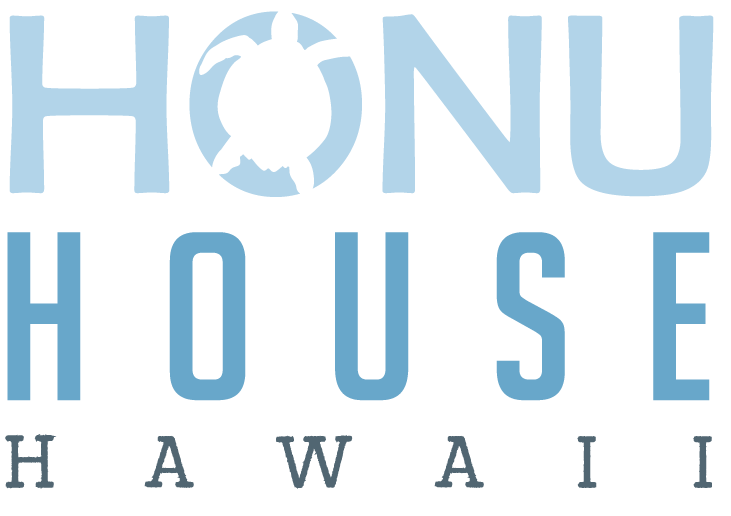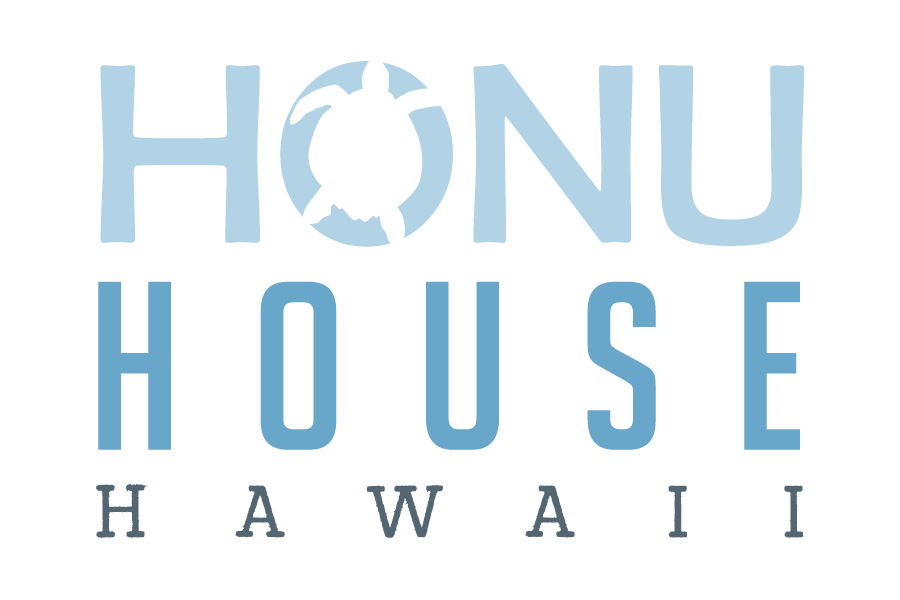Over the past years, browsing through social media has become a popular pastime. And while social media use is not harmful in and of itself, some people develop an addiction to social media. They end up using it compulsively or excessively. Teens and young adults are especially vulnerable. They become fixated on social media and cannot cut down or stop using it. And they do it despite its apparent adverse effects and serious disadvantages. If you or someone you know seems to be experiencing an increasingly unhealthy relationship with social media, be sure to get social media addiction treatment in Kona before social media addiction gets worse.
While many people do not experience difficulty in managing their time on social media, some of us truly struggle. The more you use social media, the more likely it becomes that you will run into its drawbacks. The following are some of the dangerous effects of excessively using social media:
Comparing yourself to others and having low self-esteem
Increased loneliness and isolation
Fear of missing out and feeling excluded
Depression or anxiety
Humiliation and social anxiety
Being exposed to bullies, trolls, and unpleasant people
Getting less sleep due to the effects of blue light
Ignoring your real-life relationships
Exposure to false information and news
Increasingly extreme viewpoints as a result of biased personalized content
Becoming addicted to the internet
How to determine if you have a social media addiction?
Social media addiction is not an official medical diagnosis. Yet. However, a psychiatrist can determine if your usage of social media is at a safe level.
Here are some of the symptoms they will be looking for:
Extensive use of social media
Feeling frequent thoughts or urges to check social networking sites
Relationship issues or problems brought on by social media use
Compromising daily activities and responsibilities due to social media
Reducing enjoyment of events to increase the use of social media
Feeling uncomfortable when you stop or reduce usage
Having difficulties stopping or cutting back
Adverse effects on one's physical or mental health
Continued usage of social media despite issues, drawbacks, or limitations
Using in unsafe situations (i.e., while driving or working)
Decreased engagement with people in real life
Requiring more time, likes, or followers to experience the same level of satisfaction or enjoyment on social media
How to Stop Social Media Addiction
Set strict time restrictions
You should limit your time on social media, first and foremost. It's not harmful when you use it minimally, after all. For instance, you can use a timer or an app that restricts your usage after a specific time. A time limit of 15 minutes is suitable to prevent it from becoming a problem.
Use only one app
It might also be helpful to stick with just one social media app rather than downloading several. It is crucial to stop using social media again if problems occur quickly.
Create a Powerful Support System
Additionally, a support system can help you curb your urges. The ideal support system consists of close friends, family, loved ones, a therapist, and a support group. There are different ways to utilize your support group. You can choose to have an “accountability buddy”…one person who you keep in regular touch with to let them know how you are doing on your journey. You can also attend a support group with other people who are experiencing the same thing as you.
Examples of things you might share with your support system:
Your social media goals
Your plan-of-action
How you are feeling
Any difficulties along the way
Successes
“Relapses” (when you aren’t able to stay the course you set out for yourself)
A request for help
Develop Positive Offline Habits
The best activities are those that can be done offline and that promote health and wellness. Exercising or finding a new hobby that doesn't involve social media is especially helpful. Positive self-talk will boost your self-esteem and lessen your need to be noticed on social media. Do you have anything you have always wanted to learn, or get better at? Playing an instrument, a form of art, a physical feat like a competing in a race or doing a difficult yoga move? The list of hobbies and possibilities are endless. When you engage in passion and put your mind to something, you will begin to remember just how amazing life offscreen really is.
Social Media Addiction Treatment in Kona
Anyone looking for addiction treatment centers in Hawaii to overcome social media addiction in Kona might find solace at Honu House Hawaii. Get in touch with us today!





